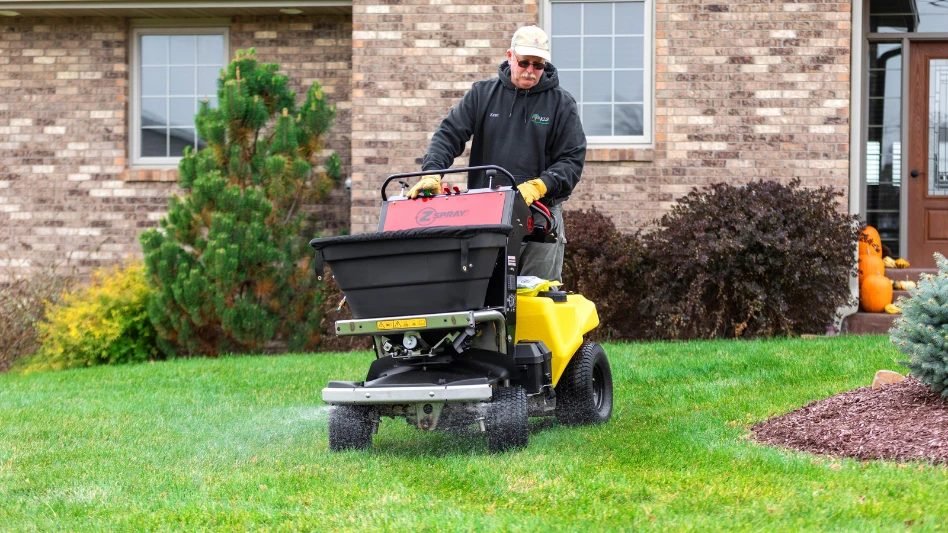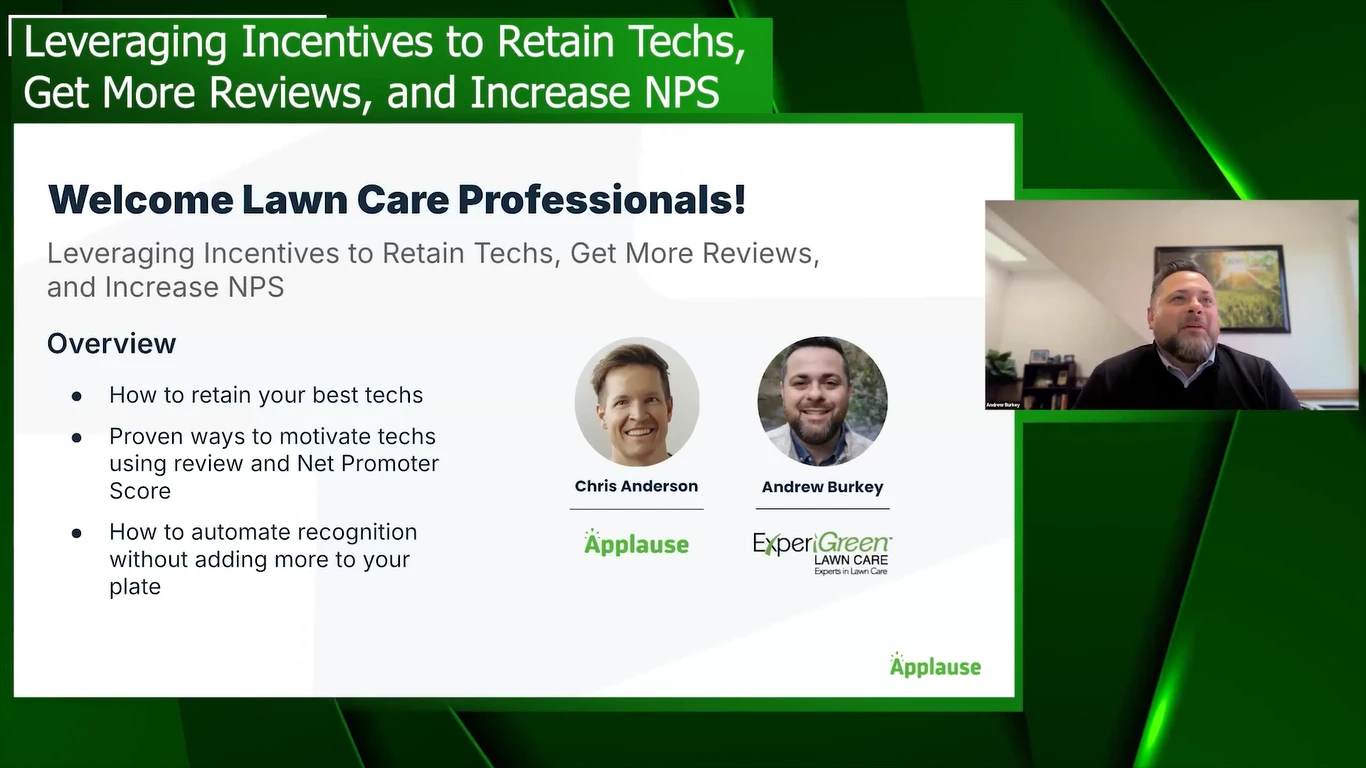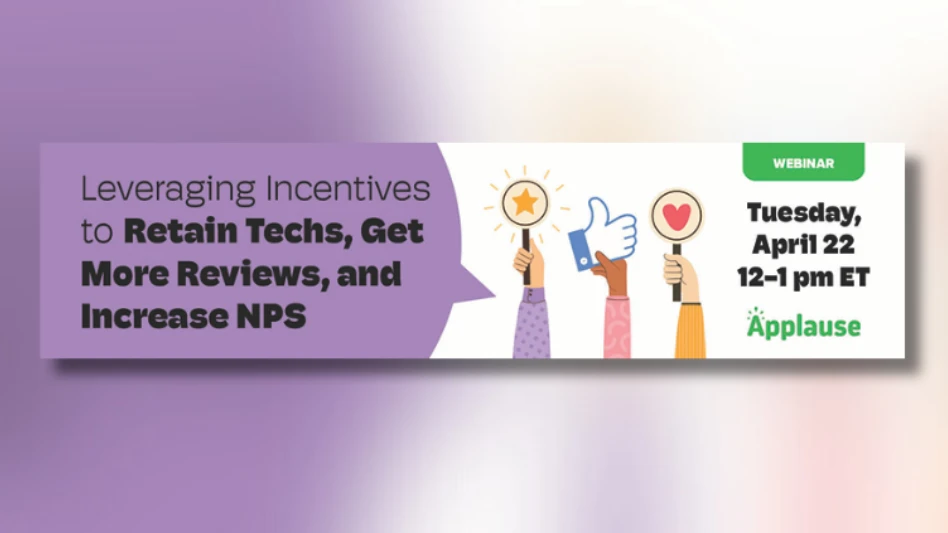In one of the first sessions of the National Associations of Landscape Professionals' LANDSCAPES education conference on Wednesday, Ken Thomas and Ben Gandy, consultants with Envisor, gave a two-part presentation titled “Commercial maintenance – it’s simple … it’s just not easy.”
Their presentation was focused on sales and growing a commercial maintenance company, whether you’re making the shift from residential to commercial, or just looking to expand your commercial business.
Because the session had a sales focus, Gandy and Thomas made everyone stand and introduce themselves, the company they worked for and how many years they’d been in the industry. The group’s experience ranged from 17 days to 36 years. Gandy called the group a 'brain trust of experience' to provide a good form of dialogue for one day only. To continue the discussion, they asked attendees to suggest a list of questions or topics they hoped would be covered in the session. This included: selling for more money, how to sell against the big guys, the first step to getting started and service recovery - salvaging your reputation.
In the session, Thomas and Gandy highlighted the role of the business developer.
“They represent who you are; who the public sees,” Thomas said. “They’re the chief intelligence gatherers for your company.”
The job of the business developer is to understand both your customer and your competition. Who are they, how do they make decisions, etc. They should also be the prospector: out every day looking for opportunities as they determine how people are making decisions,
In order to grow your business, Gandy and Thomas highlighted a three-year process. The first year is about gathering intel and building the pipeline of opportunity. The second year should be spent processing any leads you have. By the third year, if done correctly, propspective customers should be reaching out to you.
One of the rules Gandy and Thomas mentioned was that you should ABC: Always Be Closing. The business developer is the main driver of new sales for a company. Because it’s primarily a field position, 70 percent of your time should be canvassing local territory. If you’re in the office, you’re not doing what you need to do.
Gandy stressed it’s important to present a proposal as if you’re closing the deal. A great presentation won’t necessarily win the job, but a bad presentation will lose it. He told the story of how one time he went on a sales presentation and was told the company just wanted to ask questions, so he didn’t prepare anything. When he got in front of the potential client, they had no questions and he had to scramble. He said it’s obvious he didn’t end up making the sale.
Latest from Lawn & Landscape
- PERC helps debut propane direct-injection fuel system at ACT Expo 2025
- Retargeting Ads – A Secret Weapon for Growing Your Lawn Care Business
- Leading a growing company
- Project EverGreen launches Clean Air Calculator
- Rain Bird acquires smart lawn care company OtO from Toronto
- PBI-Gordon names Marvin as VP of research and development
- Mean Green rolls out Vanquish Autonomous mower
- Focal Pointe launches new podcast series







